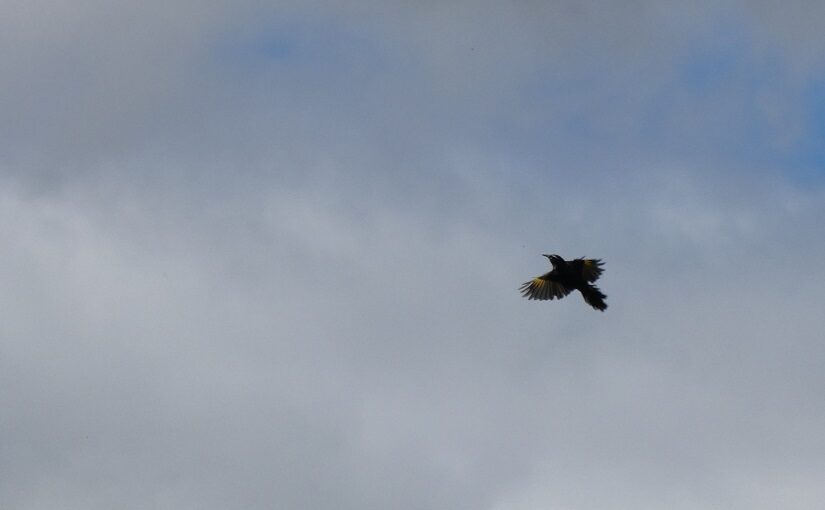Thinking of wisdom as knowledge known in advance – that which helps us avoid mistakes despite our ignorance – is that simply something this world can no longer give us? The certainty of Western thought essentially “being” that it’s based on what can be known from the evidence surrounding us plus the capacities of the human mind: logic, reason and physical matter.
Isn’t it that we stripped back all of life’s workings? Breaking things down, digging deep into every area, then developing theories that broaden our insights to form a solid enough foundation from which to build. This whole body of knowledge that maps the known world, telling us exactly that can be said about any given aspect of reality – all we can see, feel, hear, touch or experience.
Perhaps it’s the only foundation we could offer ourselves? Having discounted the spiritual – anything unobservable to physical senses – it seems all we’d be left with is to form knowledge of what we perceive and string those thoughts into reasonably all-encompassing theories about life, causality and how we should live it.
Can causality ever be known, though? Can we really foresee all the consequences of this way of life? Can logic come to our rescue in explaining exactly how these disparate actions will come together in the physical, social or moral world? When it comes to human society or the realm of nature, might there be too many variables for this form of knowledge to be truly helpful? Too many ways this could potentially go wrong.
Sometimes it just seems incredible how many aspects of life we’re unravelling to weave in new forms – all this innovation that’s changing the fabric of so many lives and so many places on the face of this planet. Changes seemingly wrought mainly for the purposes of profit or power in some ongoing quest to conquer as much of the world as is possible.
Won’t there be consequences? Things we might wish we had known to avoid in advance. Yet things seem to plough on until something has the force to stop them. So much that could be trodden underfoot or swept aside along the way: lives, hopes, species crumpled up beneath this way of thinking and operating. The answer seeming to be that causality, intention or responsibility cannot be proven.
Could we gain enough clarity to see the ramifications ahead of time? Somehow know in which areas to limit ourselves for the sake of completely unseen consequences in other areas of existence – other places, people or times. Knowing beforehand seems useful as learning after the fact leaves few opportunities for changes. But, as with tradition, how can we ever be sure what’s wisdom rather than caution, control or convention?
Within all this, how can we know? If, in a complex reality, thought can’t necessarily warn us what’s best in advance, are we simply destined to walk paths of confident error, denying responsibility for the consequences trailing behind us, rather than heed the fearful regurgitated whispers of established wisdom?
Notes and References:
Charting our own course
Information might be there, but can we find it?
Responsibility for the bigger picture
Can our thinking match realities?
Gaining clarity on the choices before us
How fast can it all unravel?
Nothing short of everything

